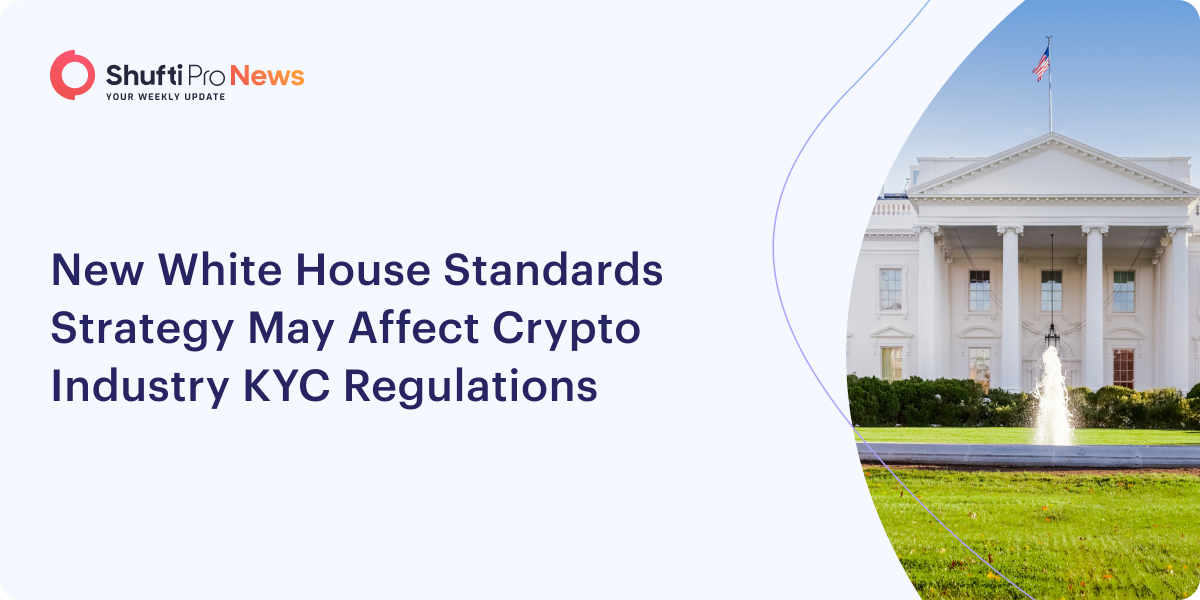New White House Standards Strategy May Affect Crypto Industry KYC Regulations

President Biden’s administration unveiled a national standards strategy on May 4, outlining eight areas where standards development will be prioritised in the United States.
Earlier this month, the presidential administration released a national standards strategy for critical technologies, identifying eight priority areas for standards development. Digitised identity infrastructure and distributed ledger technologies are among the areas of priority that are increasingly impacted by these technologies.
The term “distributed ledger” is synonymous with “blockchain.” Currently being reviewed by the National Institute of Standards and Technology (NIST), digital identity is defined as “the unique representation of a subject participating in an online transaction.” Digital identity is “unique in the context of a digital service, but does not necessarily need to uniquely identify the subject in all contexts,” the document added.
The National Institute of Standards and Technology (NIST) coordinates government standards, seeing AML and KYC regulations increasingly enforced within the crypto industry. Alongside this, NIST, a federal agency, coordinates government standards. AML and KYC regulations are increasingly being enforced in the crypto industry and the US concerning Know Your Customer (KYC) and Anti-Money Laundering (AML) solutions being actively developed in the US and worldwide.
With zero-knowledge KYC verification, AML verification and credit scoring can be performed on blockchains. Several methods for off-chain identification have been developed that use non-fungible tokens (NFTs).
The government and the crypto industry have yet to agree on privacy issues as they are deeply intertwined with digital identity. As stated by the White House, this strategy aims to protect US consumers and enable the nation to play a more active role in international standards development. This strategy calls for enhancing investment in pre-standardisation research in critical areas identified, encouraging the participation of academics and the private sector in the study, investing in training, and ensuring that research is ethical and inclusive.
Several federal and international agencies utilise distributed ledger technology and digital identity through the Office of Financial Research within the Treasury Department.
Suggested Read: UAE IMPOSES FINES EXCEEDING DH115 MILLION TO COMBAT MONEY LAUNDERING IN Q1 OF 2023











